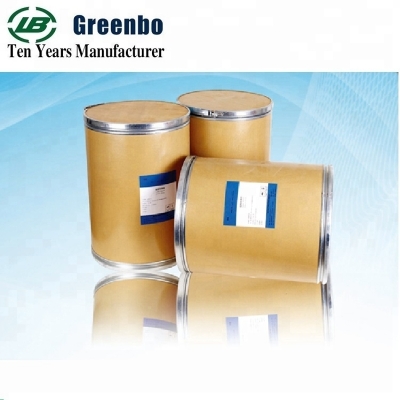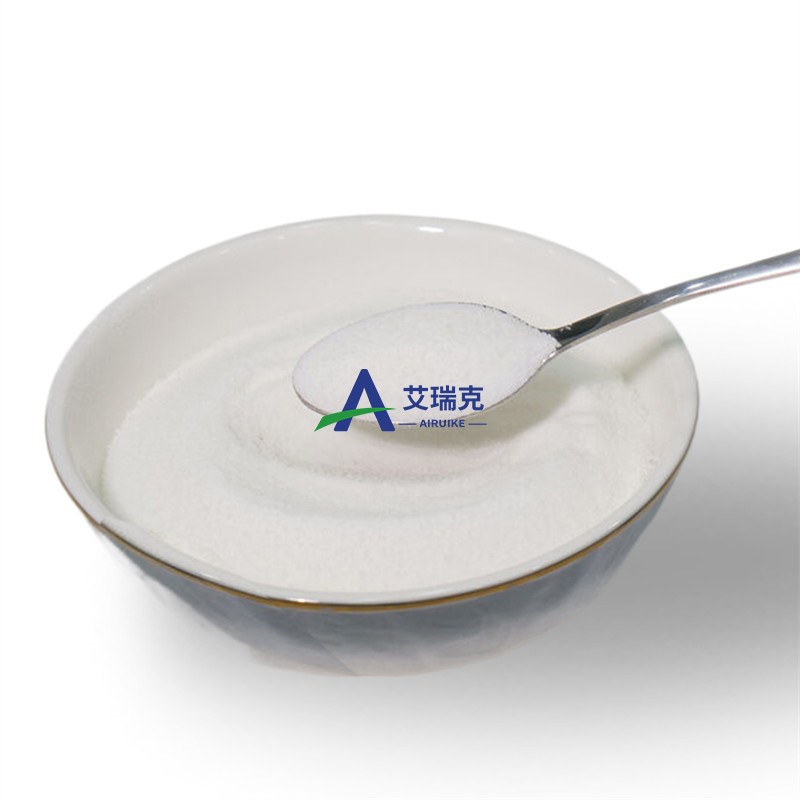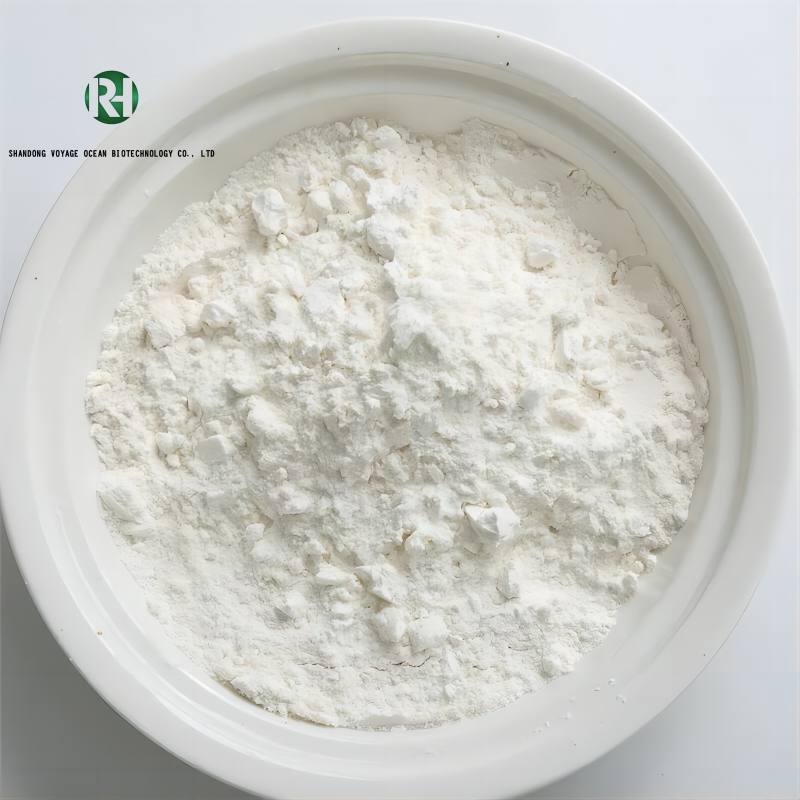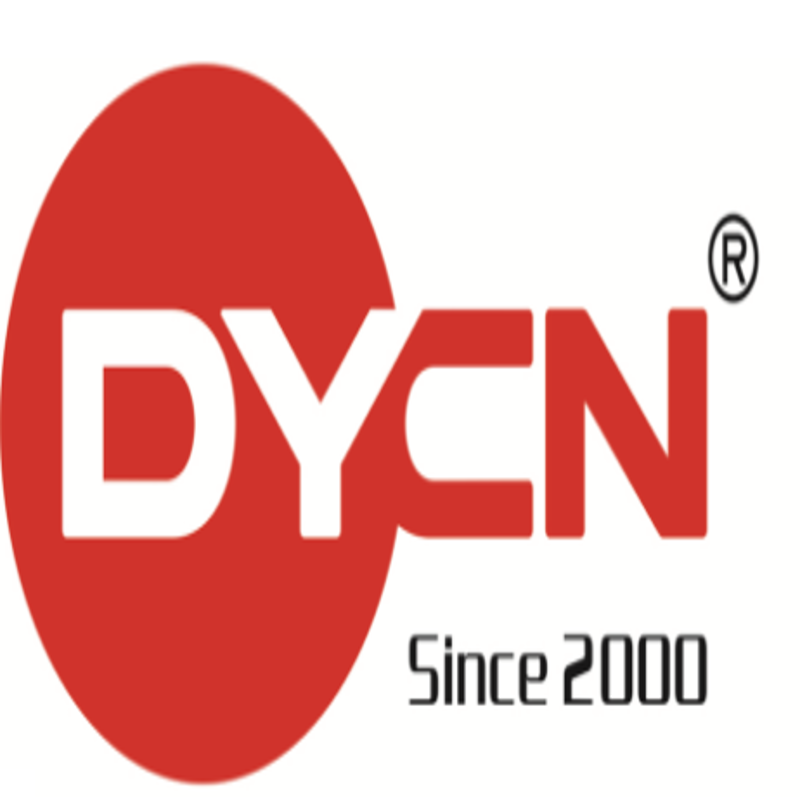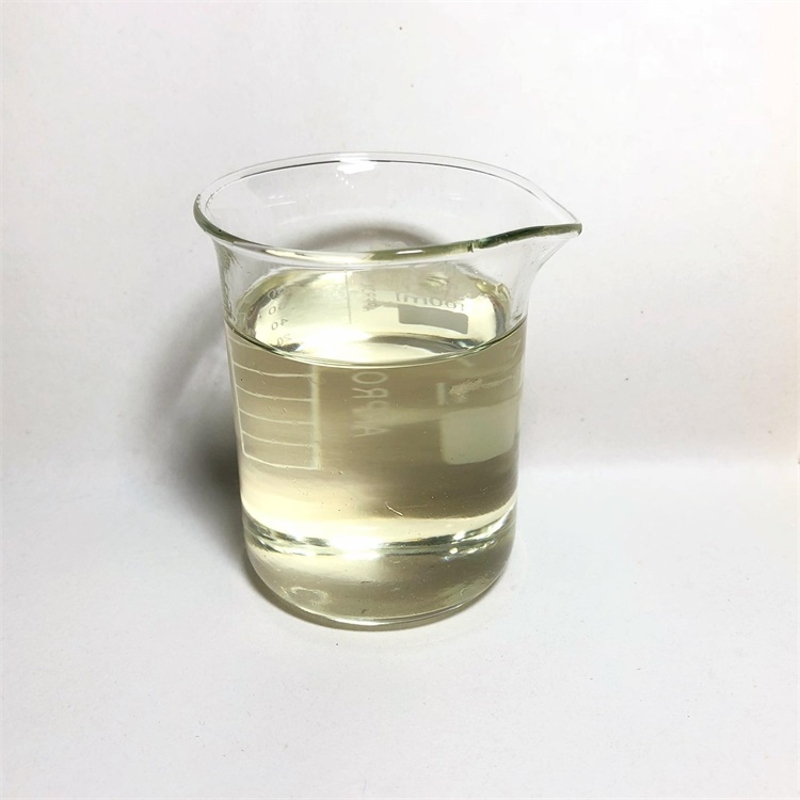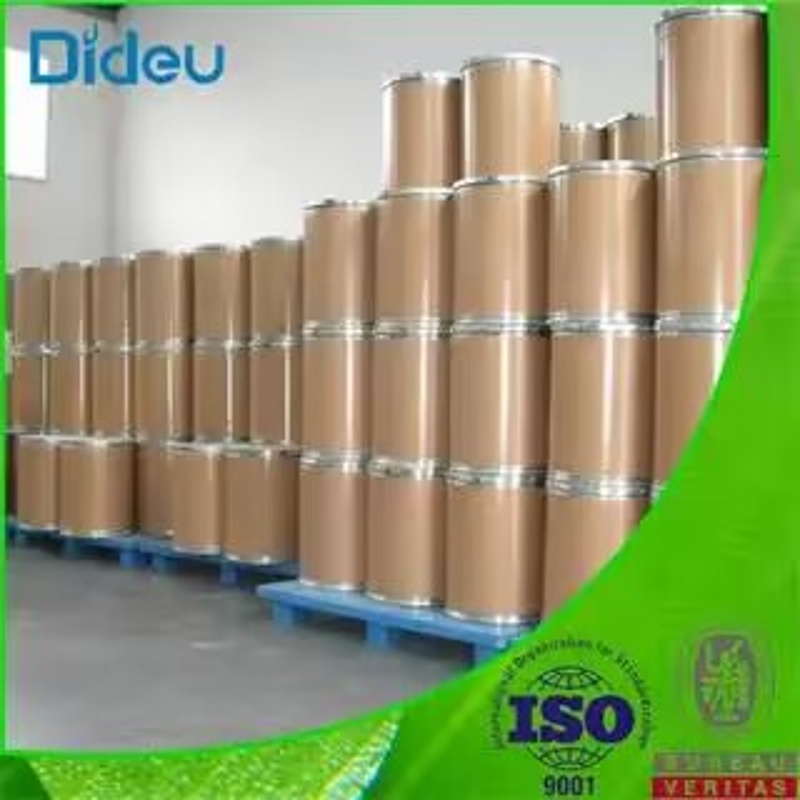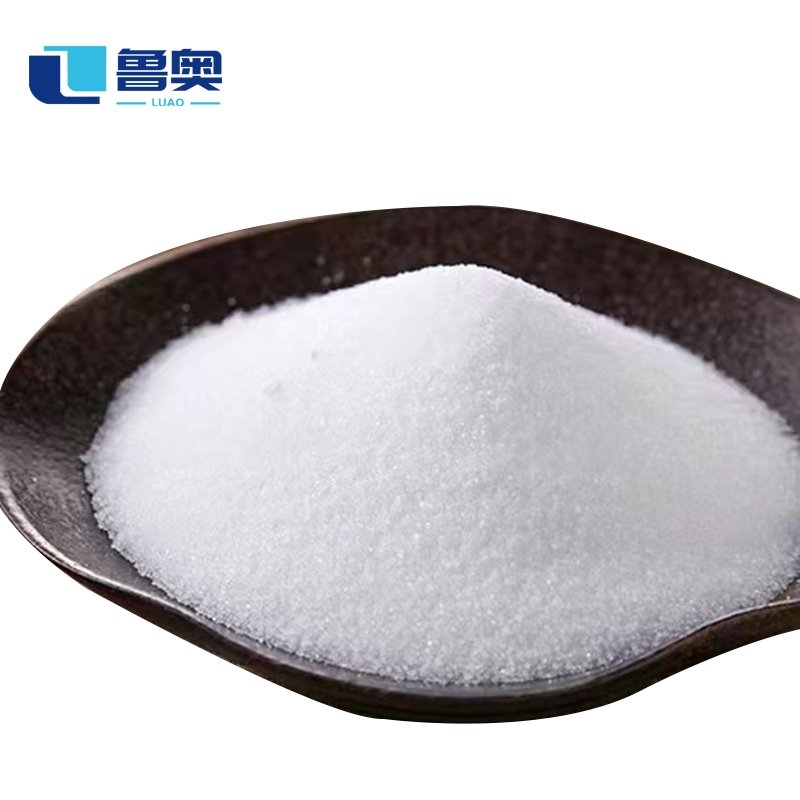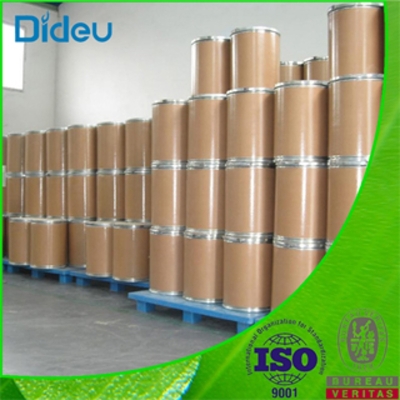Chemical Reagents
- • Deuterated Reagents (124)
- • Organic Reagents (9950)
- • Silane Reagent (852)
- • Chiral Chemicals (23)
- • Grignard Reagent (5)
- • Desulfurizer (20)
Related News
-
What Reagent Is Used To Test For Starch
2022-03-03 -
Meditex Bangladesh2019
2018-11-09 -
International Exhibition for Laboratory Equipment and Chemical Reagents
2017-06-20
Sort Organic Reagents Alphabetically
Organic Reagents
Ethyl difluoroacetate
(454-31-9)-
Food Grade / 99%
-
- / 99.00%
-
Pharmaceutical grade / 99%
$10/KG EXW
-
Industrial Grade / 99%
Request for quotation , get quotes from more suppliers.
Perylene
(198-55-0)-
Industrial Grade / 99%
-
- / 99.00%
-
Pharmacy Grade / 99%
-
Food grade / 99%
Request for quotation , get quotes from more suppliers.
3-Methoxyphenol
(150-19-6)-
Industrial Grade / 99%
-
- / 99.00%
-
Industrial Grade / 99%
-
- / 99%
Request for quotation , get quotes from more suppliers.
2,2′,4′-Trichloroacetophenone
(4252-78-2)-
-
Industrial Grade / 99%
-
Pharmacy Grade / 0%
-
- / 99.5%
Request for quotation , get quotes from more suppliers.
2-Hydroxy-4-methoxybenzaldehyde
(673-22-3)-
- / 99.00%
-
AR Grade / 99%
-
Pharmacy Grade / 99%
-
- / 98%
Request for quotation , get quotes from more suppliers.
(3-Mercaptopropyl)trimethoxysilane
(4420-74-0)-
Industrial Grade / 98%
-
pharma grade / 99%
-
Industrial Grade / 99%
-
Inustrial Grade / 95%
Request for quotation , get quotes from more suppliers.
4-(Dimethylamino)benzoic acid 2-ethylhexyl ester
(21245-02-3)-
National Grade / 99%
-
- / 99.00%
-
top / 99%
$3.45/KG EXW
-
Industrial Grade / 99%
Request for quotation , get quotes from more suppliers.
4,7-Diphenyl-1,10-phenanthroline
(1662-01-7)The phenanthroline unit is small, rigid, and planar, with extended π-electrons and short hopping lengths that facilitate electron mobility. The electron mobility of BPhen is about 5 × 10-4 cm2 V-1 s-1, which is about two orders of magnitude higher than that of Alq3.
When doped with lithium, BPhen:Li is an excellent electron-transport material, and is often used
-
- / 99.00%
-
Reagent Grade / 99%
$45-55/KG FOB
-
Different Grade / 99.9%
$0.1/KG EXW
-
- / 99%
Request for quotation , get quotes from more suppliers.
Butane sultone
(1633-83-6)-
-
-
- / 99.00%
-
pharmaceutical grade / 99.9%
Request for quotation , get quotes from more suppliers.
Phenacyl bromide
(70-11-1)-
Industrial Grade / 99%
-
Industrial Grade / 99%
-
-
Industrial Grade / 99%
Request for quotation , get quotes from more suppliers.
Source Organic Reagents Raw Materials by Region
More Information
Organic reagents, which are essential in many branches of chemistry, are the main actors in organic transformations and synthesis. These organic chemistry reagents are very important in building large molecules and are involved in reactions that include oxidation, reduction, substitution and polymerisation. Some of the most commonly used organic reagents include acids, bases and solvents all of which play different roles in chemical reactions. In many industries for instance the pharmaceutical industry, agriculture and materials science, these reagents have played a major role in developing new products and technologies.
Applications of organic reagents include:
● Pharmaceutical drug synthesis
● Agrochemical production
● Polymer manufacturing
● Dye and pigment creation
● Catalysts in industrial applications
● Fine chemical development



















